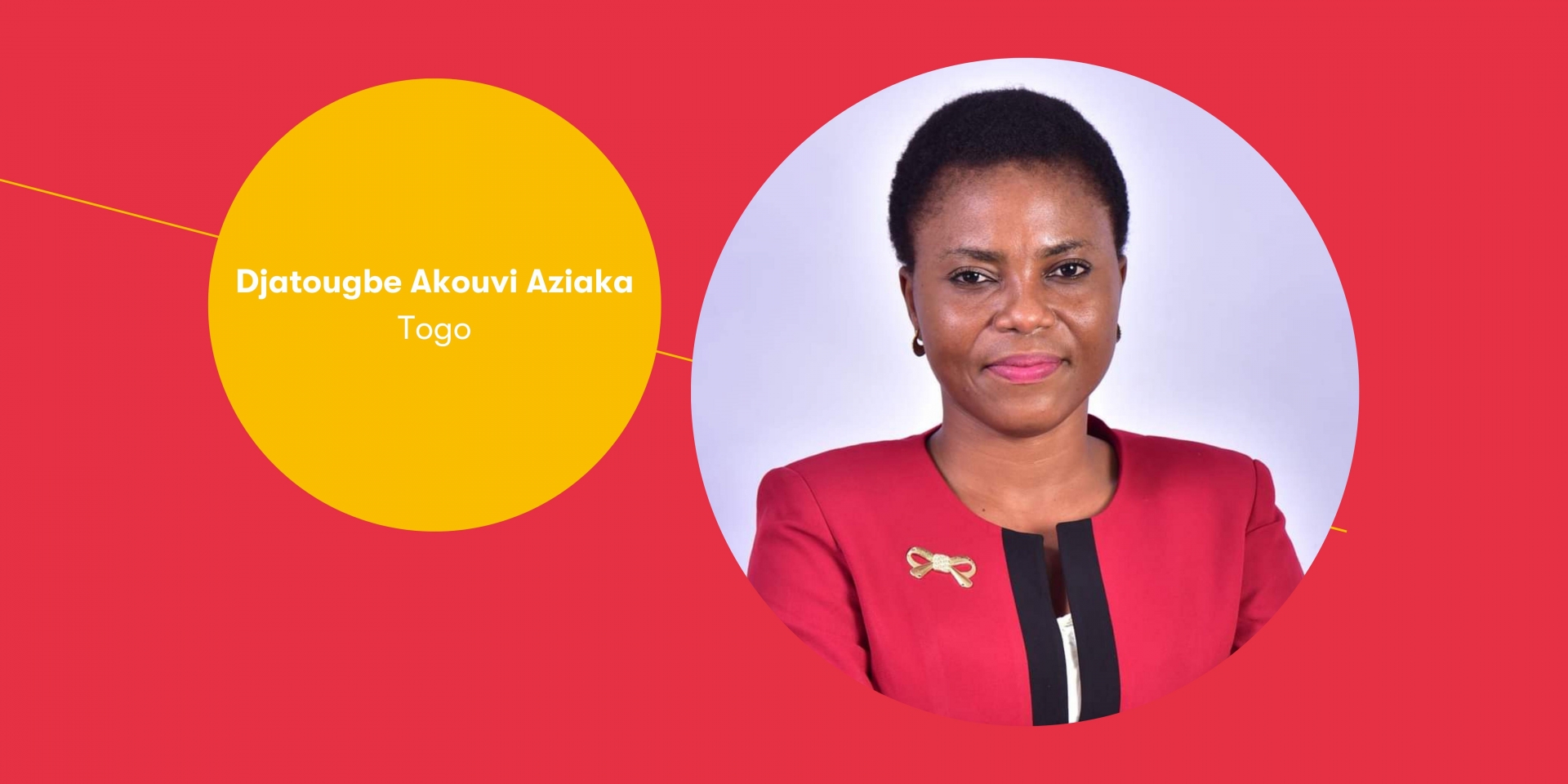In this series, activists from the Global South share their perspectives on Norway and rich countries’ role in sustainable development, and how civil society from around the world can stand together in the fight for a just and sustainable planet.
What are the largest challenges in your region when it comes to sustainability, climate change, human rights and global justice?
There are some challenges we can highlight. The first is policies and regulatory frameworks: Many countries have adopted policies and regulatory frameworks to promote green economy and just transition. For example, some countries have put in place policies to promote renewable energy, sustainable agriculture and waste management. However, their effective implementation remains a challenge in many cases, due to weak institutional capacity and insufficient coordination between different actors.
Second is investments. Considerable investments are needed to finance the transition to a green and fair economy. Some initiatives, such as the Green Climate Fund and the Global Environment Facility, have provided financial assistance to support projects in this area. However, much remains to be done to mobilise private investment and to ensure the financial viability of projects.
Third is innovation. There is an emergence of green innovation in Africa, with companies and startups developing innovative solutions to solve environmental and social challenges. However, lack of funding and proper infrastructure can hamper their development and growth.
Lastly, awareness and participation. Awareness and participation of communities and stakeholders is essential to ensure a just transition. Awareness raising and training initiatives are underway in many African countries, but more work needs to be done to ensure that all stakeholders understand the issues and participate meaningfully.
Does Norway have a greater responsibility for contributing to a just global future than other countries? What can Norway and other countries in the Global North do to ensure global justice?
Yes, as one of developed countries, Norway has a responsibility for contributing to a just global future and it must play its part in the fight against climate change.
For the next 30 years, Norway and other countries in the Global North, must take their responsibility in global justice including climate and environmental justice. My message to the Norwegian government is this: I believe Norway can be an example and take the concrete actions to ensure global justice.
What can and should we as Norwegian civil society do to contribute to the needed changes for the future?
The Norwegian civil society is already doing a great job. I encourage it to continue its work to advocate and raise awareness for more just and ambitious Norwegian politics for climate justice and sustainability. I believe in the power of Norwegian civil society to make a change and help the government to fulfil their commitment.
